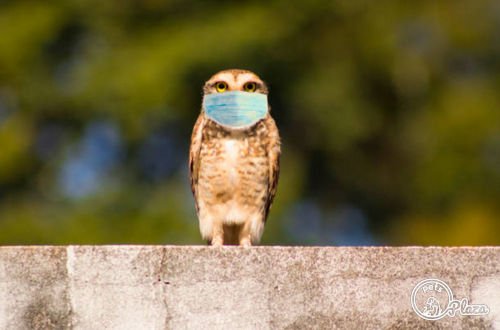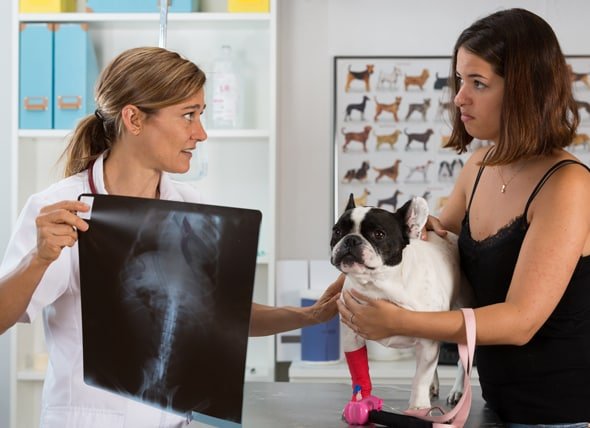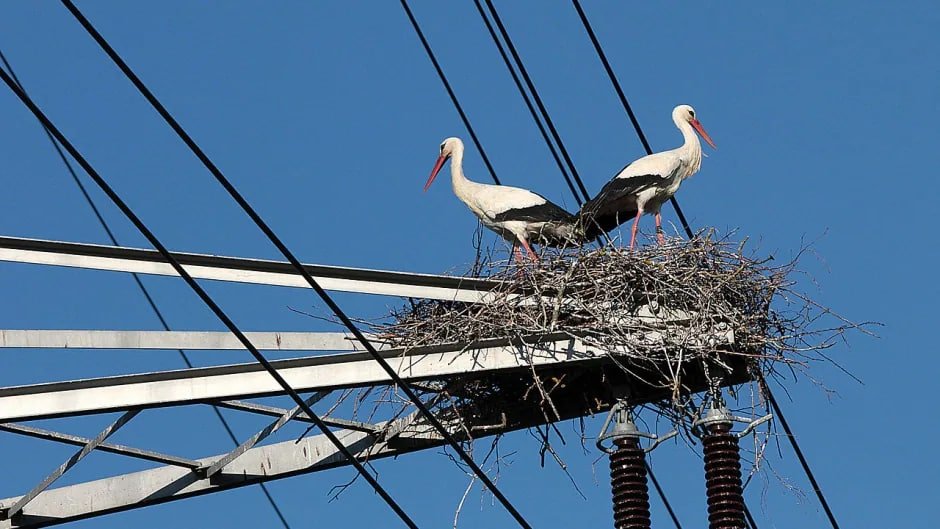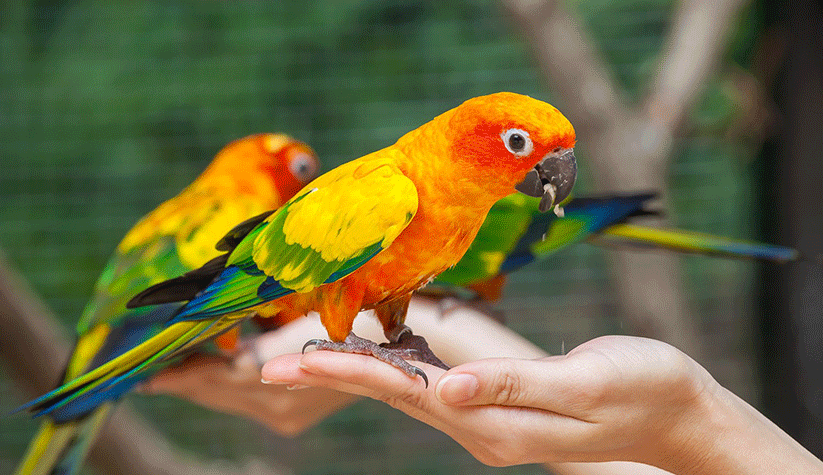- The short answer is indeed, your bird can not get tainted by this strain of Covid thus you can likewise not get the infection from your birds.
- Until this point in time, that gives off an impression of being valid for canines and felines too, as they also are not defenseless to COVID-19.
- This supportive record from the University of California at Davis is the most clear and definitive source we have found with respect to these inquiries.
- Note there are 39 known strains of Covids, and COVID-19 is only one of those strains.
- Normally, and as consistently while giving a sound home to buddy birds, it stays critical to move toward the cleanliness of your birds’ current circumstance and your home climate – giving a spotless, safe, and solid climate for every single hostage bird.
- In situations where somebody in your house is encountering dynamic contamination of COVID-19, all surfaces in that climate can possibly be a wellspring of disease, regardless of whether that is a ledge, a door handle, a cell phone, just as obviously a canine’s hide, or a parrot’s quills.
- If it’s not too much trouble, look for direction from your neighborhood or public wellbeing experts on how best to react and deal with your home under such conditions.

How Should Pet Bird Owners Respond?
Previous viral outbreaks in birds have taught people how to practice good biosecurity. The following are ways pet owners can implement biosecurity in their homes.
Quarantine:
- Any sick humans in the home should have limited contact with their pet birds until they are healthy again. Likewise, any sick birds should be isolated from healthy individuals.
- Any new birds coming into a home should have a 30-day minimum period where they are not around other birds in the house. This recommendation is not specific to COVID-19 and is a good rule to live by to minimize the risk of all infectious diseases.
- Hand Washing:
- Make sure to wash your hands before and after handling and interacting with your bird and their accessories, such as their cage items or food.
- We can easily spread bacteria, viruses, and other infectious agents on our hands without knowing it.
- Simply washing your hands with soap and water for a minimum of 20 seconds can go a long way to preventing problems.
- Monitor for illness and seek professional care when necessary:
- If you notice your bird is not feeling well, have him or her checked out by a veterinarian skilled in avian care. Even the smallest of changes in their behavior can sometimes be an indication something is wrong.
- Don’t wait until they are really acting ill. If you yourself are ill with COVID-19, ask a friend to bring your bird to the vet for you.
Cleaning and Disinfecting:
- Make sure to clean surfaces, cages, and items that have been soiled or have come in contact with biologic items (i.e., feces, respiratory secretions).
- Many common disinfectants have been shown to be effective against coronaviruses.
- The CDC lists numerous disinfectants that are useful, including bleach, hydrogen peroxide, and quaternary ammoniums. Read product labels and instructions in order to use them correctly.
- Bleach and hydrogen peroxide are safe for use around birds, but note that all animals must be kept away from the fumes of products while in use.
Can your birds get covid-19 from humans?
- The coronavirus(COVID-19) has devastatingly affected economies and medical care frameworks around the world.
- While profoundly infectious between people, proof of transmission from birds to people is restricted, albeit human to bird transmission is conceivable.
Conclusion:
- During times of uncertainty, whether it’s a natural disaster, an economic crisis, or a disease outbreak, it’s good for pet owners to be prepared for both their needs and their birds’ needs.
- Have stocks of emergency supplies on hand, and at least a two week’s supply of food for all pets. For birds on medications, have at least two week’s medication available, if not more.
- Have an emergency pet first-aid kit available that includes items like antiseptic cleansing agent, bandaging material, styptic powder, and copies of health records.
- In conclusion, COVID-19 may be a pandemic but that doesn’t mean pet owners should panic.
- Take more control of the situation by understanding how the virus is likely to behave and taking the appropriate measures to be prepared with supplies at home.
- Also, learn how infected people should interact with their pets.
- Implementing appropriate biosecurity measures, as is recommended with birds anyway, can help to reduce the chances of serious illness entering our flocks.ash millet is an incredible bird treat.



